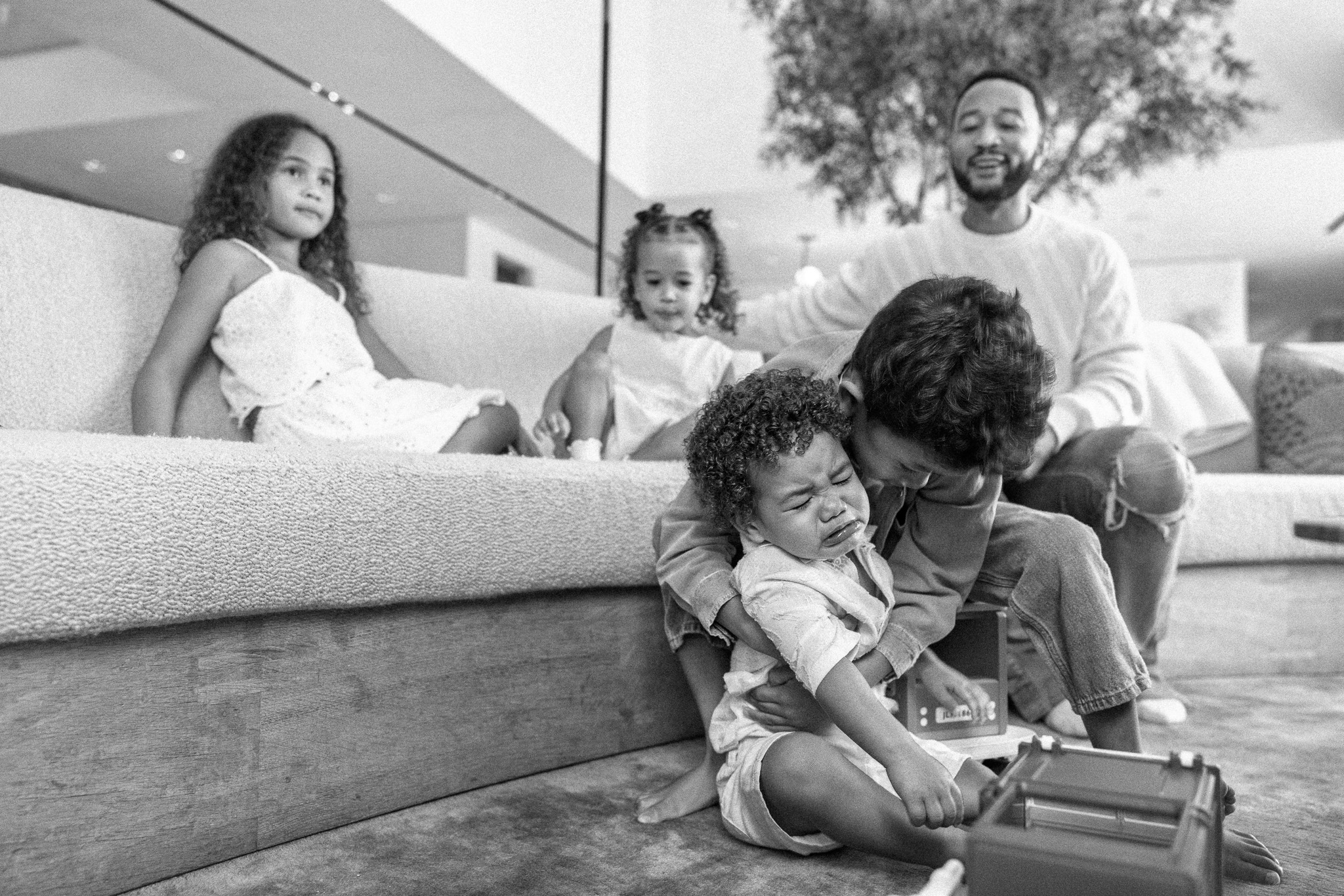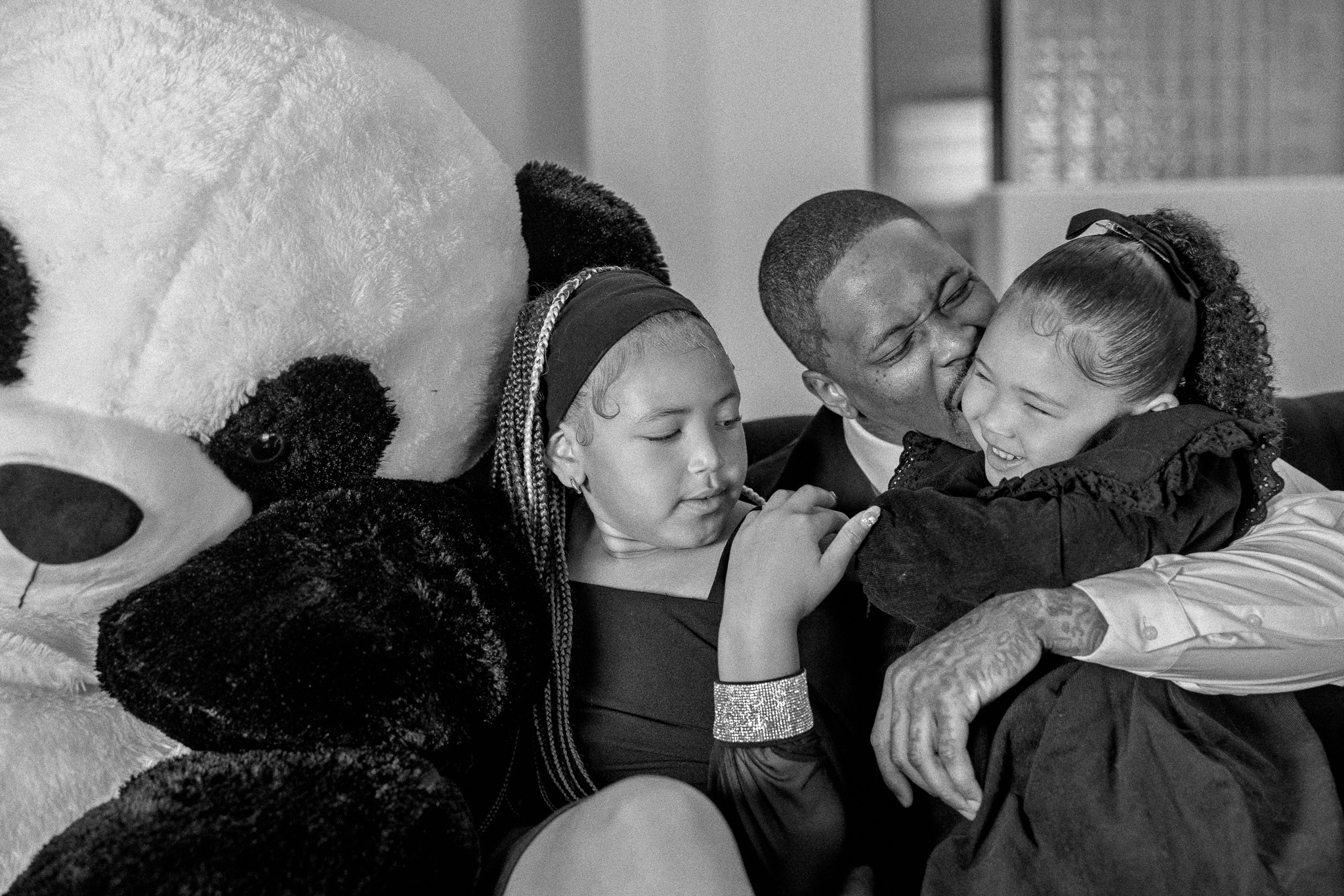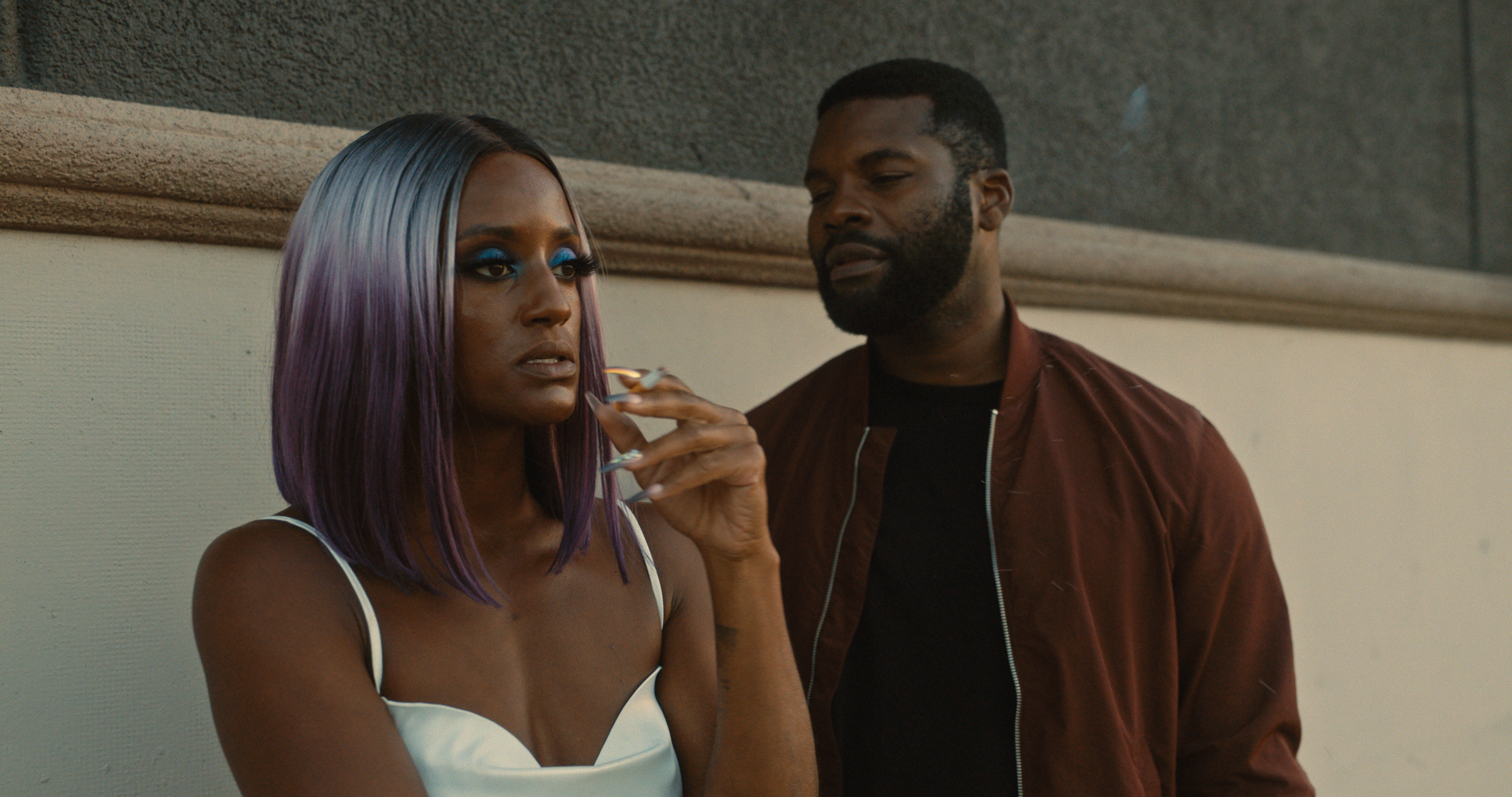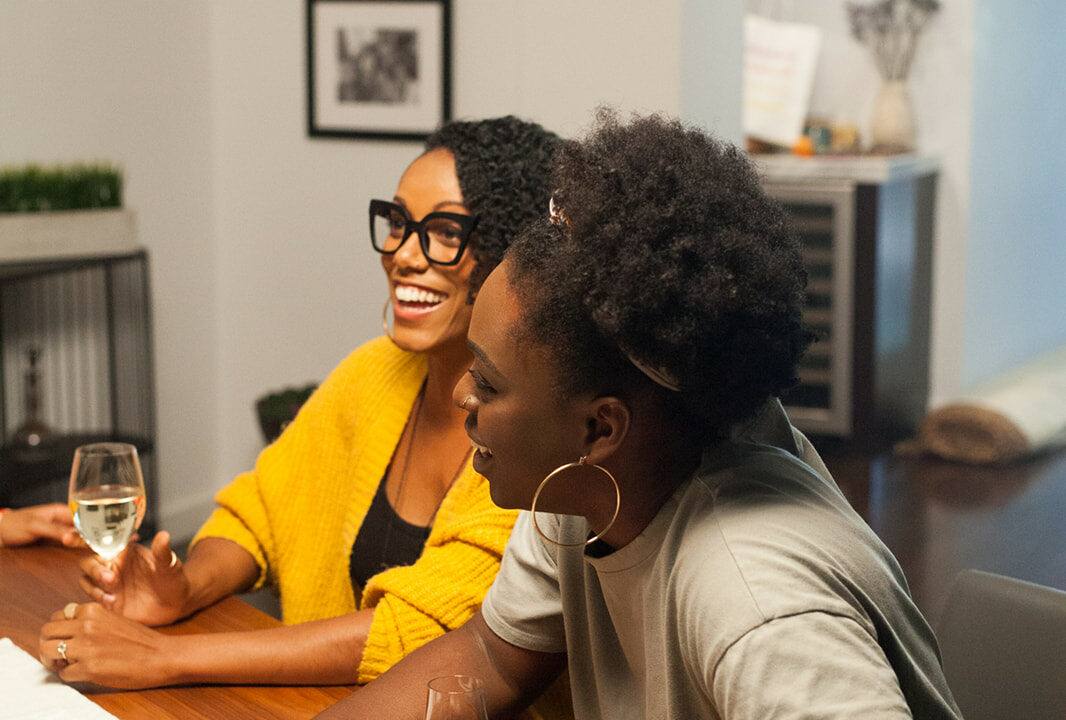
Courtesy of pexels.com
Courtesy of pexels.com
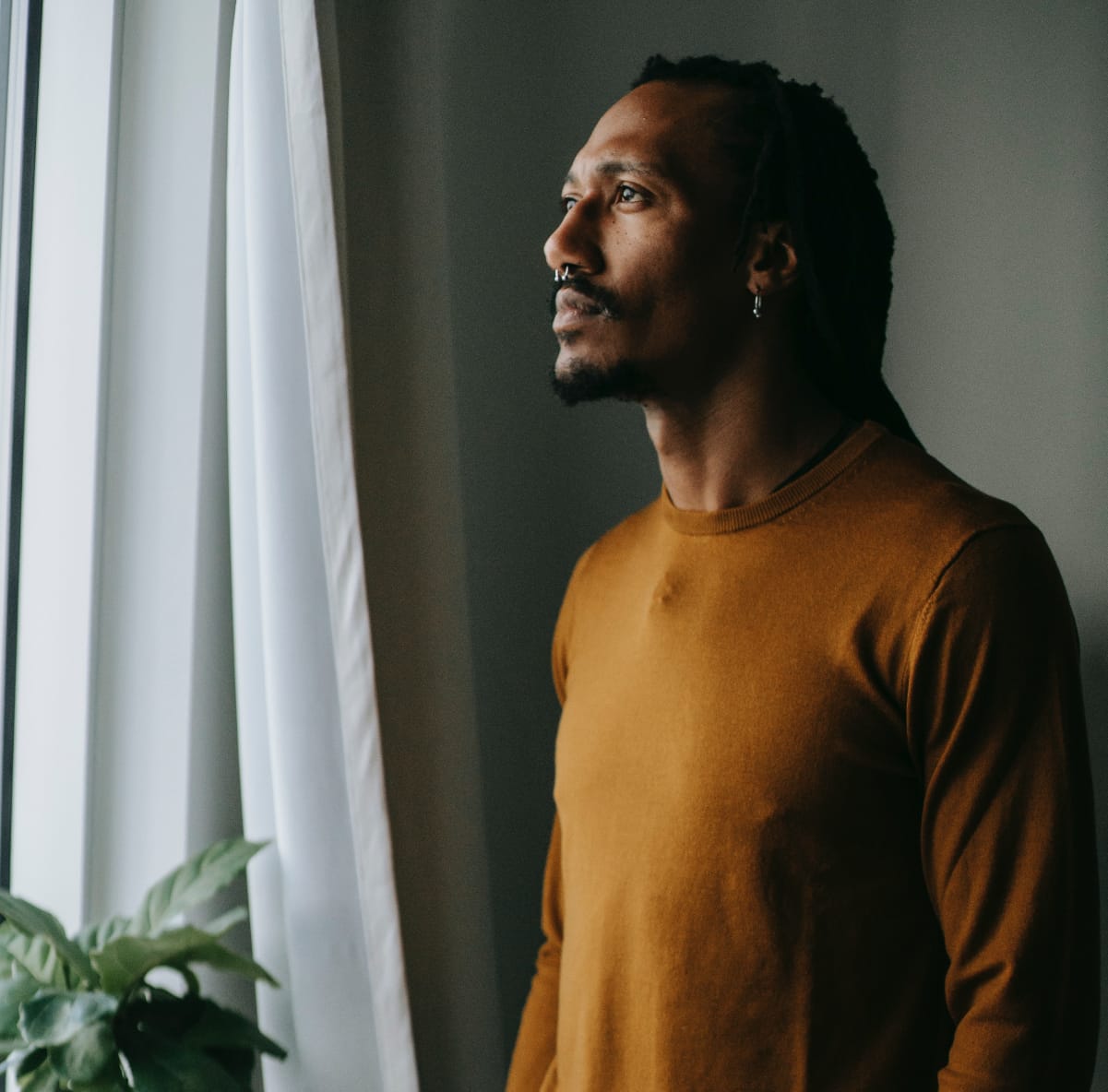
Courtesy of pexels.com
Racial trauma (also known as race-based traumatic stress) is the stressful impact, emotional pain and physical hurt felt from the experiences of racism; including racial discrimination, racial harassment and systemic racism. Racial trauma has a negative impact on our mental, emotional and physical health. The experience of racism becomes traumatic when our attempt to cope with the stressful impact is unsuccessful. It becomes increasingly difficult to cope with the feelings of racial trauma when we are constantly being triggered over and over again.
Racial trauma is particularly harmful as it attacks the core of basic human respect and dignity. It can feel like other people have access to our bodies and to our being. In this way, racial trauma is often described as a full body experience. This is why it is so important and necessary to learn and use healthy ways to cope with racial trauma.
It is not difficult to feel tired, drained and emotionally exhausted during this time. The news of another Black person, another Black life killed by the police continues to be too much. The feelings are deep and the heaviness is a lot to navigate through. As we await the decision in the Derek Chauvin trial, it is key to identify this trial is to seek justice for George Floyd’s murder. The trial is equally a critical moment in civil rights history for racial justice and police accountability for the global Black community.
Related Articles:
From Trial to Triumph: Moving Past My Childhood Trauma
Elevate App Founders Talk Mental Health and Black Men Embracing Vulnerability
How to Find the Right Therapist for You
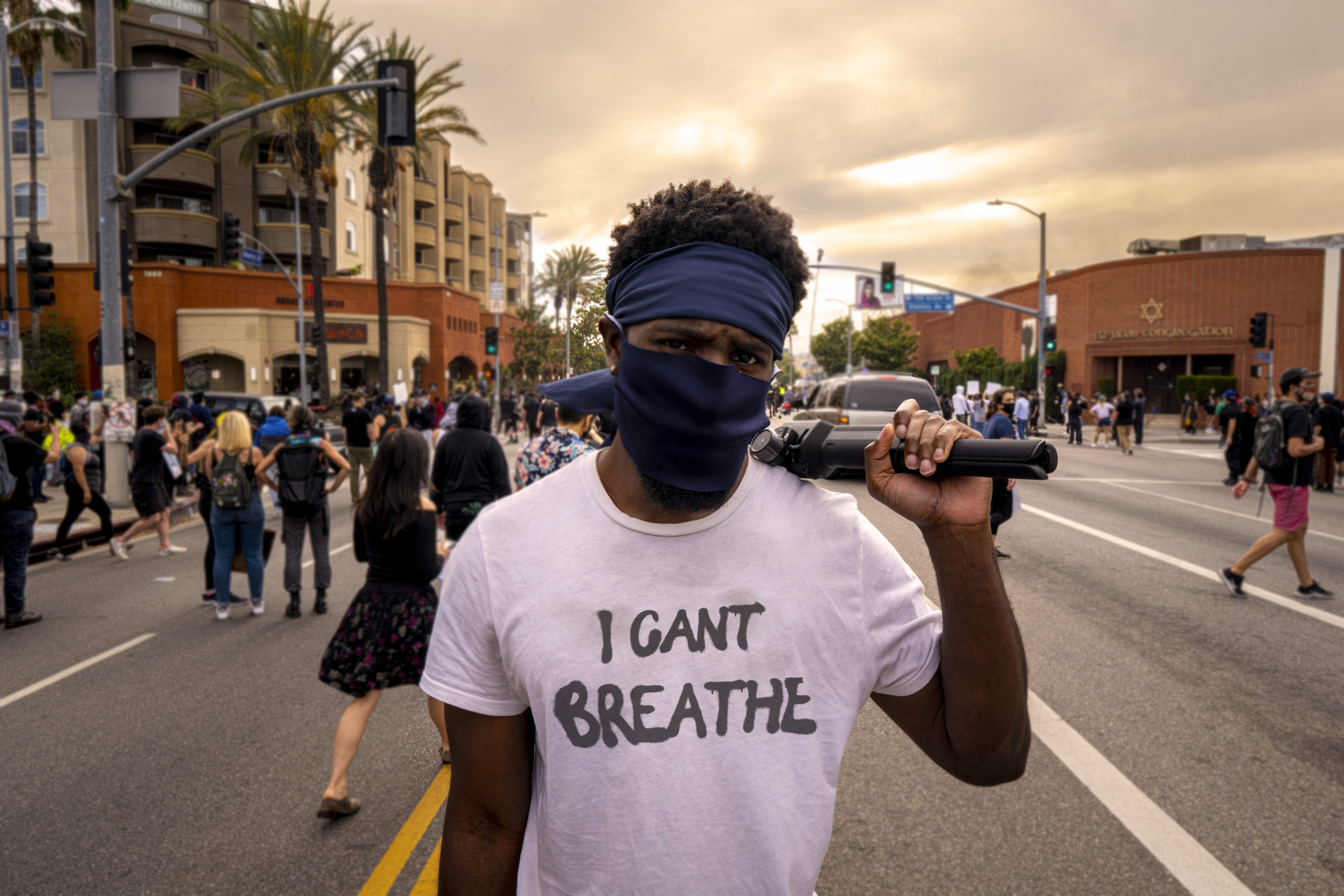
Courtesy of Nappy.co
Even though this is the trial we have all been waiting for, it most definitely comes with a cost. The cost is to our mental health. We are exhausted, and our safety has been betrayed. The reality is that watching, reading and talking about death in the Black community is triggering, traumatizing and a re-traumatizing experience for so many of us.
So here are 10 ways to cope with racial trauma:
- Be kind and patient with yourself.
- Take time to be with your feelings, to recognize your emotional hurt and physical pain.
- Allow yourself time, space and help to process the feelings.
- Surround yourself with supporters who are empathic and understanding.
- Create safe spaces (both physically and virtually) to understand how you are feeling, where you are feeling it in your body and the effect it is having on you.
- Unplug from the news and social media, they can be re-traumatizing.
- Seek out, create and build a village community of support to create positive energy out of the negative event(s).
- Practice self-love, self-care and self-compassion.
- Reaffirm your beauty and build a positive self-image of your Blackness.
- Spend time with your family, friends and loved ones doing things together that bring you joy and happiness.
Related Articles
John Legend shows the beauty of Black fatherhood in this Father Noir feature—love, presence, and parenting four kids with Chrissy Teigen.
Rapper YG is an example of Black fatherhood, raising daughters Harmony and Vibe and breaking generational cycles, as shown in this powerful Father Noir feature.
Qasim Basir’s To Live and Die and Live is not a film that offers easy answers.
Featured Articles
The vision for our engagement shoot was to celebrate ourselves as a Young Power Couple with an upcoming wedding, celebrating our five year anniversary - glammed up and taking over New York.
When Elitia and Cullen Mattox found each other, they decided that they wanted their new relationship together, their union, to be healthier and different.
Let’s take a trip down memory lane and revisit 10 times Michelle Obama gave us a masterclass in love.
Meagan Good and DeVon Franklin’s new relationships are a testament to healing, growth, and the belief that love can find you again when you least expect it.
Celebrate their marriage and partnership with the release of the documentary “Time II: Unfinished Business”
Yes, I wanted my mom to still love me, but I needed her to love me. I wanted to know that by opening up about this part of my life she could actually love me more fully.

